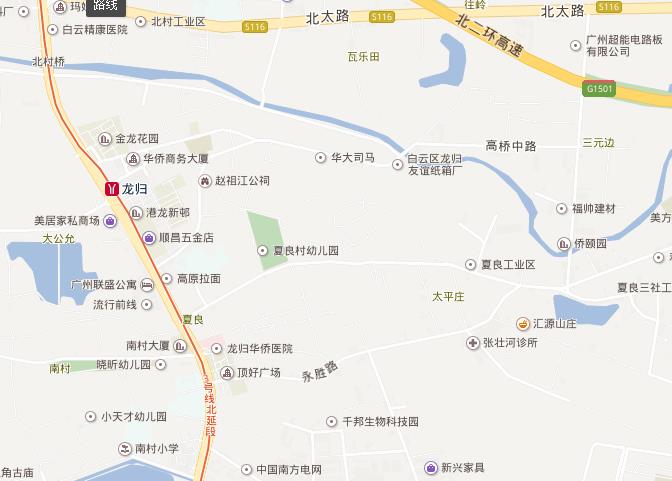Foreign media said standard & Poor's downgrade China credit rating is not reliable: cut down too ironic
Original title: foreign media said the S & P China credit rating is not reliable: the economy is strong its behavior is ironic Reference News Network September 23 news media said, the Ministry of finance Chinese said 22 days, Chinese S & P cut its sovereign credit rating is a wrong decision, the Chinese economy will still mistakenly read, Chinese keep the economy growing strong toughness. China refers to its "wrong decision", Reuters September 22nd quoted China's Ministry of Finance website news release, said, standard & Poor's financing platform company debt all included in government debt, is not legally established. While maintaining steady and rapid economic growth, China can maintain a reasonable growth of its currency and credit. "S & P on excessive credit growth, the debt burden, is the current stage of economic development Chinese", this ignores a commonplace talk of an old scholar "characteristics of the financing structure China financial market, ignoring the China government expenditure formed by the accumulation of wealth and material support." The Treasury said. The Treasury said it was "regrettable", saying "this is a long held inertia thinking among international rating agencies and a misreading of China's economy based on the experience of developed countries.". This misreading also ignores the good fundamentals and potential for China's economy". The Ministry of Finance said, since this year, China economy maintained steady progress, steady development trend is good. In the first half of this year, the gross domestic product (GDP) grew by 6.9%, higher than the expected target, and the economic growth remained at the middle and high speed for 8 consecutive quarters. "In the future, with the steady progress China supply side structural reform, in-depth implementation of the innovation driven development strategy, optimize the economic structure, strategic emerging industry is booming, Chinese economic growth will remain strong toughness." According to the S & P stressed China excessive credit growth, will weaken the stability of the financial system, the Ministry of Finance responded that the high savings Chinese supported by indirect financing as the leading financial system, bank loans have occupied the dominant position in the whole society as long as financing, prudent lending, strengthen supervision, prevention and control of credit risk, can maintain good China the soundness of the financial system. The ratings are only symbolic, according to the Financial Times Web site on September 22nd, and the international rating agency Standard & Poor's downgraded its rating on China's sovereign credit. The rating agency noted that the long-term rapid growth of credit led to rising economic and financial risks in china. S & P said: "long term strong credit growth has exacerbated China's economic and financial risks.". Since 2009, the deposit institutions have rapidly increased the creditor's rights of the non-governmental sectors of the residents, and the growth rate is often higher than the income growth rate. Although this round of credit growth has boosted the growth of real GDP and asset prices, we believe that this has weakened financial stability to some extent." S & P said: "the government's recent efforts to increase leverage levels are expected to stabilize the medium-term financial risk trend.". But it is expected that credit growth in the next two to three years will continue to push up the level of financial risk." The decision marks the rating of S & P on China as similar as those of two other international credit rating agencies, Fitch and Moodie. Reported that the ratings of foreign rating agencies are symbolic, but have little impact on the nature of the Chinese government's financing capacity. Experts say Chinese fundamentals according to the "Wall Street journal" website reported on September 21st, the S & P is the three major rating agencies in the last one down Chinese sovereign credit rating of the company, and this action occurs when China government is to increase efforts to control the risk, steady growth. The board of directors of the fund management company is located in Losangeles Western trust company general manager David Lowenge said, given the current economic fundamentals China is in two years the most strong stage, the S & P action ironic. China's economy grew by 6.9% in the first half of this year, higher than the government's 2017 growth target. "The latest economic and financial situation in China is open to question," wrote Mark Williams, chief Asia economist at Kay International's macroeconomic advisory firm, in a report on the S & P downgrade. Reported that the Chinese government this year to control crazy lending behavior. The central bank, the CBRC, the CSRC and the China Insurance Regulatory Commission and other regulatory authorities have taken measures to reduce the size of the banks' loans to banks and other financial institutions. Such loans are one of the major sources of risk in China's financial system. As a result, China's credit growth, measured in broad money supply (M2), hit a low last month. China's central bank official said that under the government's determination to leverage, M2 growth slowdown may be the new normal. Wang Tao, a Swiss Bank economist, says the risk of China's economy is actually weakening. According to Bloomberg News website on September 22nd reported that the Chinese people's livelihood bank and the China Everbright Bank Board of directors for many years, Shi Weiping believes that the prediction of China's banks are about to collapse of foreigners is completely wrong. He believes that China's banks will not only fall into debt crisis, but can avoid the dilemma, because the government is willing to invest money to solve the problem, to ensure financial stability. Shi Weiping said, "as a Chinese banker working for an American bank told me:" in the west, the problem of capital flight; in China, the flow of funds to solve the problem." Shi Weiping, who speaks fluent Mandarin, has worked in Asia's commercial banking system for more than 40 years. According to Peng Boxin

 简体中文
简体中文 繁體中文
繁體中文




